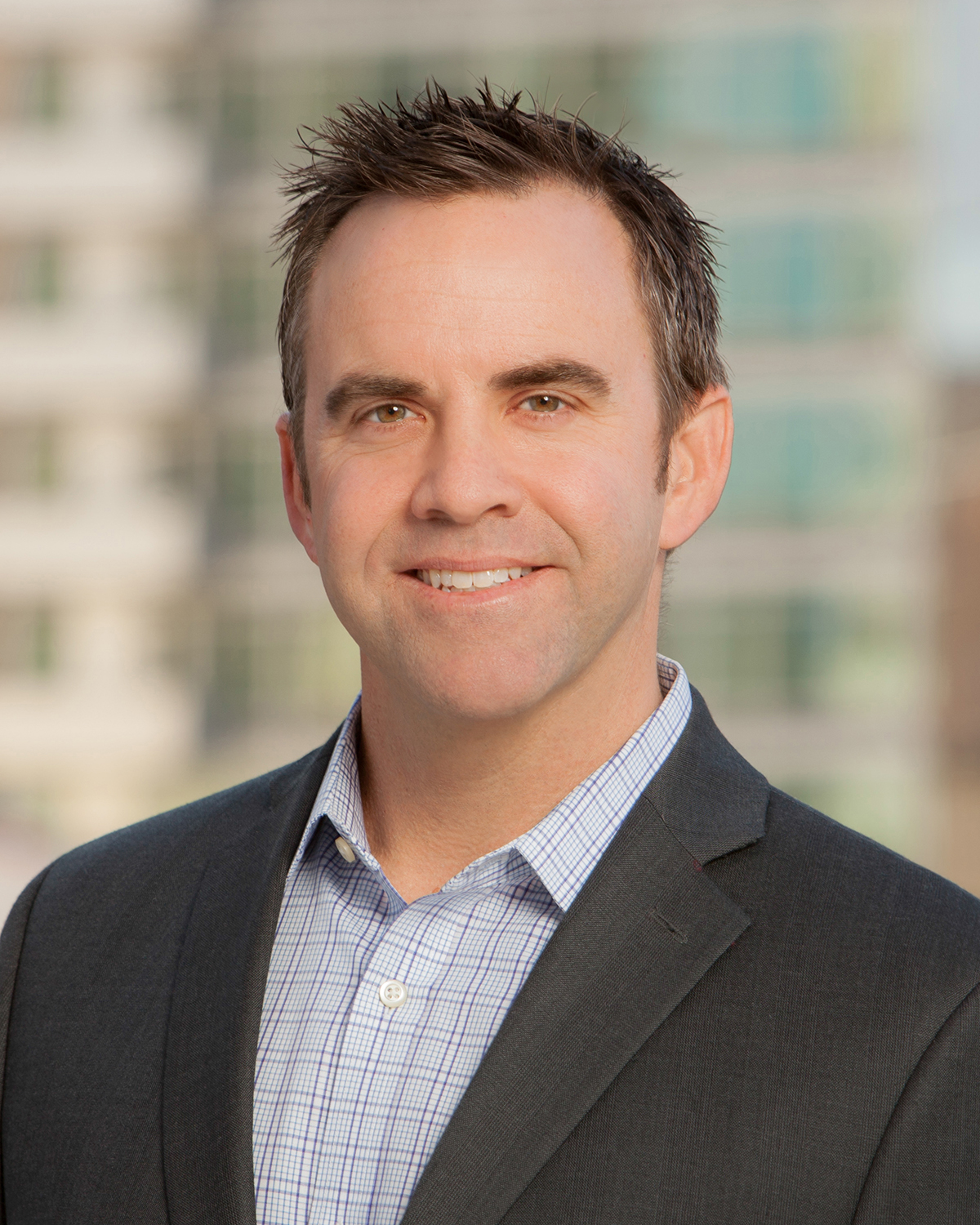Our Private Client Manager, Carolyn Konecki, was recently invited by Northern Trust to be a panelist on a webinar they held for their clients to discuss the state of the personal insurance property market. The panel was hosted by Paul Thiel, President of the Northern Trust San Diego office, and also featured Nicole Dawson, Senior Sales & Marketing Manager, Southern California, for PURE Insurance and Vanessa Snodgrass, COO at Rancho Santa Fe Insurance.
As a bit of background, the California property insurance market continues to be in crisis mode. As a result of several years of large wildfire losses, skyrocketing rebuilding costs, restrictive legislation, and increased reinsurance costs, many home insurers have found California to be an unprofitable state in which to do business. Some insurers are not writing any new property policies in California, others are severely restricting what new business they will write and a few are pulling out of the state.
Carolyn was asked a number of questions throughout the webinar about the keys to finding and keeping home insurance in 2022. Here were the insights shared…
What do you do if your home insurance is not renewed?
The first thing we need to know is why your carrier is not offering a renewal. Did you have a property loss, is your home located in a high wildfire area or is your carrier no longer offering policies in California? If you are being non-renewed because you carrier is leaving the state or proximity to brush, you will not change their mind. If you are being renewed because of a water loss, you may get your carrier to reconsider if you install an automatic water shut off device.
Then, we will check and see if any other admitted insurance companies will offer coverage. Admitted means insurance companies who file their rates with and pay taxes to the state. Those are all the companies you have heard about, such as Chubb, PURE, Travelers, State Farm, etc. If none of them will offer coverage, then we will shop for coverage with non-admitted or surplus lines companies. Many times, these companies are the sister companies to the admitted companies but, because they are not as regulated, they can offer coverage for homes located near brush or with loss, albeit at a much higher rate.
Is there a way to protect a home against a wildfire?
As we know from past wildfires, the longer you can keep the fire or embers from approaching your house, the greater chance your home has of surviving the fire. The best thing is to replace any wood – wood roof, wood decks, wood siding – with non-combustible materials. Replace normal attic vents with ember-resistant vents. Clear any plant material away from your home, such as tree branches that hang your roof, or plants that touch the house. Replace flammable bark mulch with non-flammable materials. Replace single-pane windows with double-pane windows. If you are at home when the evacuation order comes in, close all windows, doors and window coverings to reduce heat transfer.
The biggest danger to your home is from flying embers, so your ultimate goal is to create an environment where flying embers have nowhere to land and take hold on your property.
How will filing a property claim affect my home insurance?
In this tight market, filing a claim can result in your insurance being non-renewed. The insurance companies are most concerned about water losses, especially from plumbing failures. This is why they encourage replacing plastic toilet parts with metal parts, rubber hoses with braided steel hoses and the installation of water shut off devices. They know that these simple steps can prevent a claim from happening.
Insurance companies look at the frequency and severity of claims when deciding to offer a renewal. You want to avoid making a small claim, such as theft of your golf clubs from your car. The higher premiums you will have to pay the next year will eclipse the reimbursement you received for the clubs.
What future changes can we expect with property insurance this year?
A continued hard market with more non-renewals, higher rates, higher home reconstruction costs, uncertainty of legislative regulations and loss mitigation devices as a requirement for new policies.



